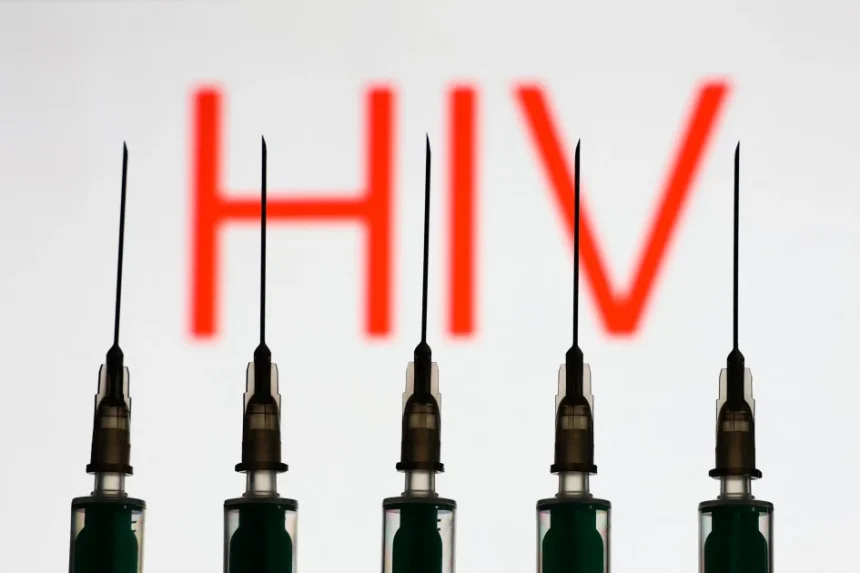The World Health Organization (WHO) has given the green light for the distribution of Lenacapavir (LEN), an injectable medication designed to prevent HIV, with Kenya being one of the nine countries chosen for its initial rollout.
The National AIDS and STI Control Program (NASCOP) has announced that this innovative HIV prevention drug is expected to be accessible to the public by January 2026. In collaboration with various partners, the Ministry of Health, through NASCOP, is making concerted efforts to ensure that Kenyans can benefit from this groundbreaking product by the specified date.
The WHO has recommended the use of LEN as a supplementary pre-exposure prophylaxis (PrEP) option, allowing for administration twice a year, marking a significant shift in the global approach to HIV prevention. As the first injectable PrEP option available biannually, LEN offers a highly effective and long-lasting alternative to daily oral medications and other shorter-acting treatments. The WHO emphasizes that LEN will be particularly beneficial for individuals at risk of HIV who struggle with daily medication adherence, face stigma, or have limited access to healthcare services.
Dr. Tedros Adhanom Ghebreyesus, the WHO Director-General, highlighted that while a vaccine for HIV is still in development, Lenacapavir represents a promising solution, as clinical trials have shown it can prevent nearly all HIV infections among high-risk populations. These new guidelines arrive at a crucial time, as efforts to prevent HIV have stagnated, with 1.3 million new infections reported in 2024 alone.
By the end of that year, around 40.8 million individuals were living with HIV globally, with approximately 65% of these cases located in the WHO African Region.
Additionally, around 630,000 people died from HIV-related illnesses, and there were an estimated 1.3 million new infections, including 120,000 among children. On a positive note, access to antiretroviral therapy (ART) continues to improve, with 31.6 million people receiving treatment in 2024, up from 30.3 million in 2023.



